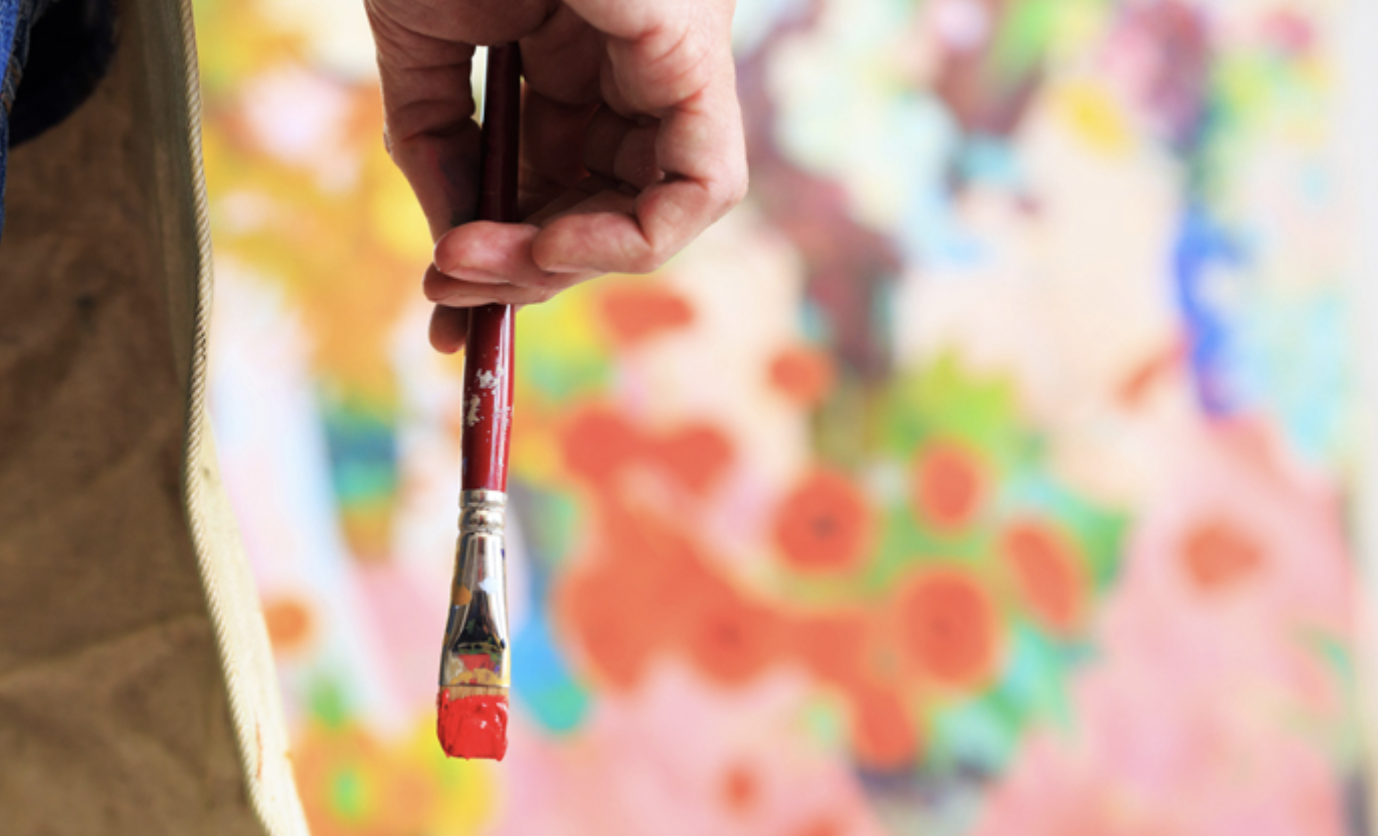(List #114) 5 Ways Business Schools are Contributing to Sustainable Cities (SDG 11)
Business schools contributing to smarter, greener, more accessible and inclusive cities.

This morning, I was reading about an organisation called Invisible Cities in the United Kingdom. They work with formerly homeless people and train them to become tour guides, giving them not only a new income stream but new skillsets. These tour guides provide a different way of viewing the city. The company also offers a grant programme for guides to access funding to do their own courses or even start their own business.
This initiative inspired this week’s list which explores how business schools are supporting SDG 11 around Sustainable Cities.
1.SMART CITY
MBA Smart City Programme at Warsaw University of Technology Business School in Poland aims to give students the skills they need to manage smart cities effectively and to use the latest technologies to create thriving, forward-thinking urban areas. It looks to transform local government officials into the function of a manager who understands the impact of innovation on development. The programme is focused on transferring interdisciplinary knowledge dedicated to gaining managerial competencies, including sustainability, urban and global development.
2.HOME SWEET HOME
HOME research Hub, an initiative of Deakin University in Australia, looks to solve complex problems around affordable housing, homelessness and social inclusion through innovative research. Established in 2018, the centre is an interdisciplinary and transdisciplinary approach to social housing research working across health, social inquiry, economics, law, creative arts, build environment and more. Research includes designing adaptable, universally accessible homes with minimal environmental impact, that are connected to community, education and the wider world.
3.SDG SAFARI
TIAS in the Netherlands launched their SDG Safari; a walk through the city centre of Utrecht, showcasing various examples of how entrepreneurs and the municipality address the Sustainable Development Goals. The safari includes initiatives such as the biggest bicycle parking of the world underneath Utrecht Central Station and ‘De Koekfabriek’ (Dutch for ‘the biscuit factory’), a social enterprise that provides people with learning difficulties and poor job prospects the opportunity to work in their bakeries. MBA students start their programme by taking the safari and were asked to craft a reflection of their favourite example.
4. SUSTAINABLE CITIES
Cities are the arena of turbulent and contradictory interplay between drivers influencing profitable business opportunities, social equity and environmental stability. The Sustainable City Economies (SCE) module at Westminster Business School in the UK uses cities as a ‘field of enquiry’ for exploring both global and local issues of urban development and sustainability in the context of varied socio-economic, political and natural environments, introducing both theory and practice of managing ‘profit, people, planet’ conundrum. The course is part of a new BA in Sustainable Business Management offered by the school.
5. RETHINKING CITIES
Rethinking Cities in Ukraine is a capacity building programme coordinated by Stockholm Business school in cooperation with Ro3kvit Urban Coalition for Ukraine and financed by the Swedish Institute (SI) through its Public Sector Innovation Programme, whose purpose is to offer capacity-enhancing education programmes for senior civil servants and elected officials in the public sector. The project’s primary goal is to strengthen decision-maker competencies from five local Ukrainian communities along the front line, deeply afflicted by the war. The participants are supported in developing pilot projects to meet specific local challenges and foster sustainable development.
This week two years ago...

Thanks for following,
Giselle

